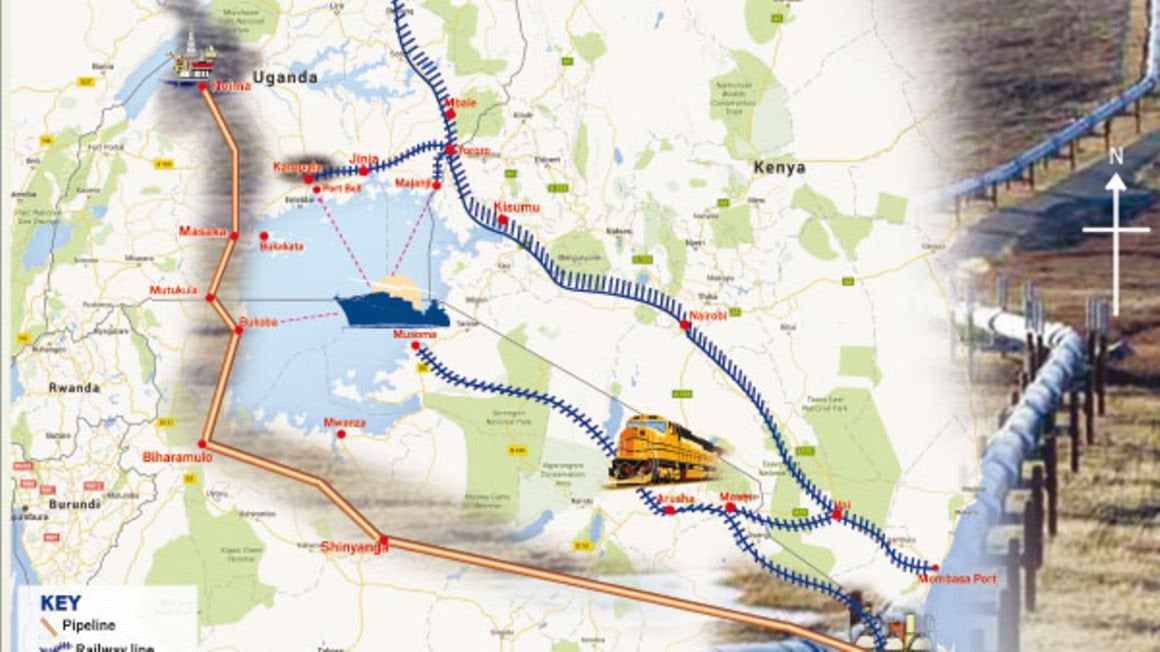Oil agreements should create new vigour

A map showing the Hoima-Tanga oil pipeline route.
What you need to know:
- Our view: The debate about cleaner fuels is picking fast in many parts of the world and the worst thing that can happen to our economy is for our oil to lose even more value as more alternative fuels get into use.
President Museveni and his Tanzanian counterpart Samia Suluhu Hassan will today sign ground-breaking agreements with oil giant Total in a move that is seen as a major step towards the construction of the oil pipeline from Hoima to Tanga port in Tanzania.
The construction of the pipeline is a major development for the eventual commercial exploitation of Uganda’s oil deposits, which were confirmed 14 years ago.
The process has been slow and winding, with President Museveni personally taking interest to, as he has often put it, ensure that the oil companies do not take Uganda for a ride. If it were not for Mr Museveni’s cautious approach, the commercial oil deposits in Uganda could have been confirmed much earlier.
We understand the President’s stance, especially given that over the centuries companies from the West have exploited Africa’s resources. It is only fair that due care is taken to ensure Ugandans get their fair share of the resources with which they were endowed.
And because oil companies are also looking to make as much profit off their investments as they can, there is always bound to be a stalemate whenever they come face-to-face with a tough bargainer.
So all through Uganda’s oil exploration and development journey, it was usual to hear muted voices of complaint from the oil companies, often accusing the President of driving a hard bargain.
Today’s signing of the shareholders, tariff, and transportation agreements, which are expected to pave the way for the construction of the oil pipeline, is evidence that there is some light at the end of the tunnel, and that the hard bargains are finally coming to a fruitful end.
If the hard bargaining is done and it’s time for action, it is important that the oil exploitation processes pick up speed. Speed is of the essence because everyone involved is impatient to recoup whatever they can out of the longstanding ordeal.
The oil companies want their monies back, other investors want business to pick up so that they may make some money, and the government and Ugandans want the money from oil to finally come so that it may blow some oxygen into our development efforts.
The debate about cleaner fuels is picking up fast in many parts of the world and the worst thing that can happen to our economy is for our oil to lose even more value as more alternative fuels get into use.
This is why today’s signing ceremony should serve to create new vigour for us to exploit our oil as fast as environmentally and economically feasible.




